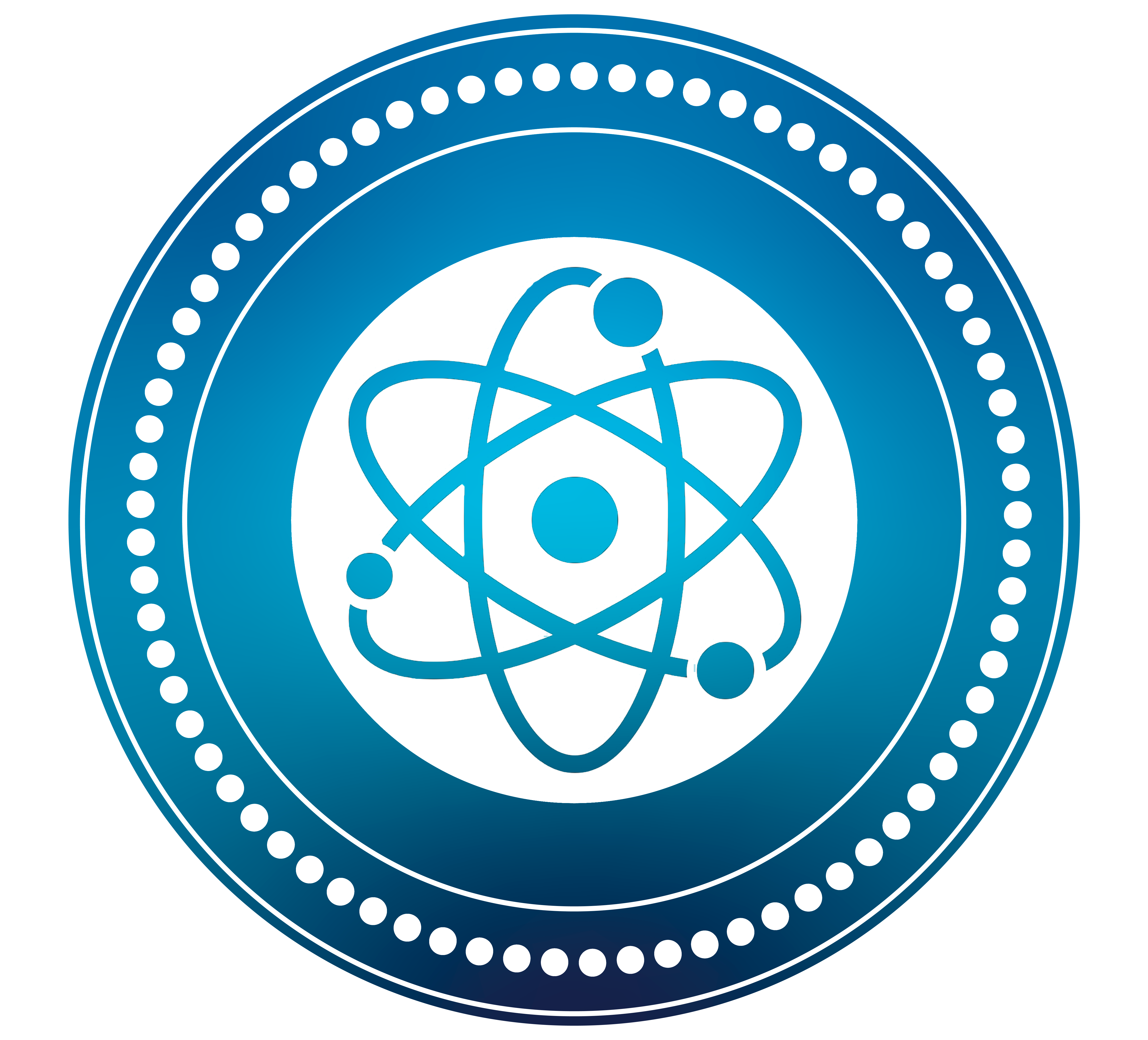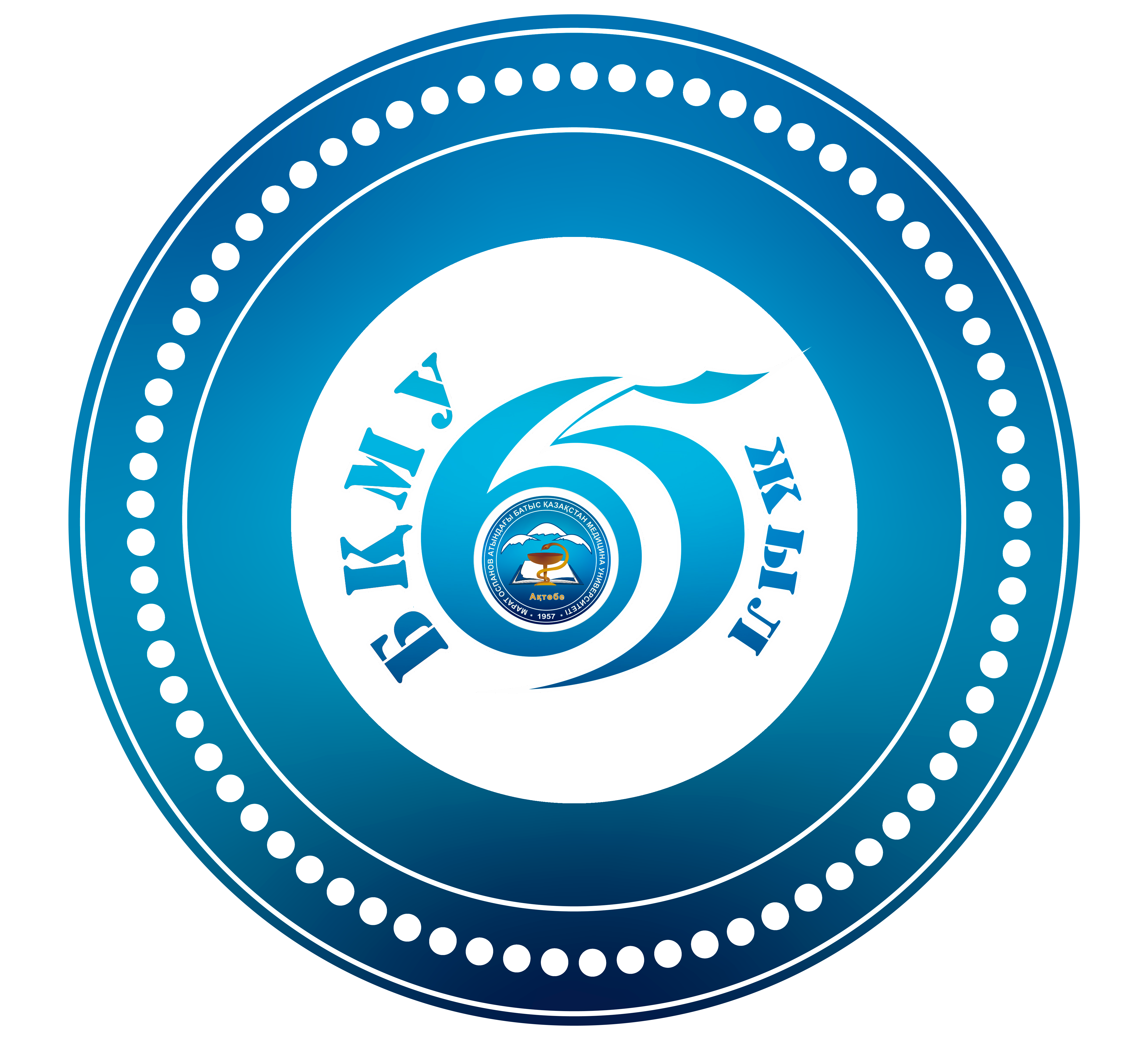Dinmukhamed Ayaganov: COVID affects all organs and systems
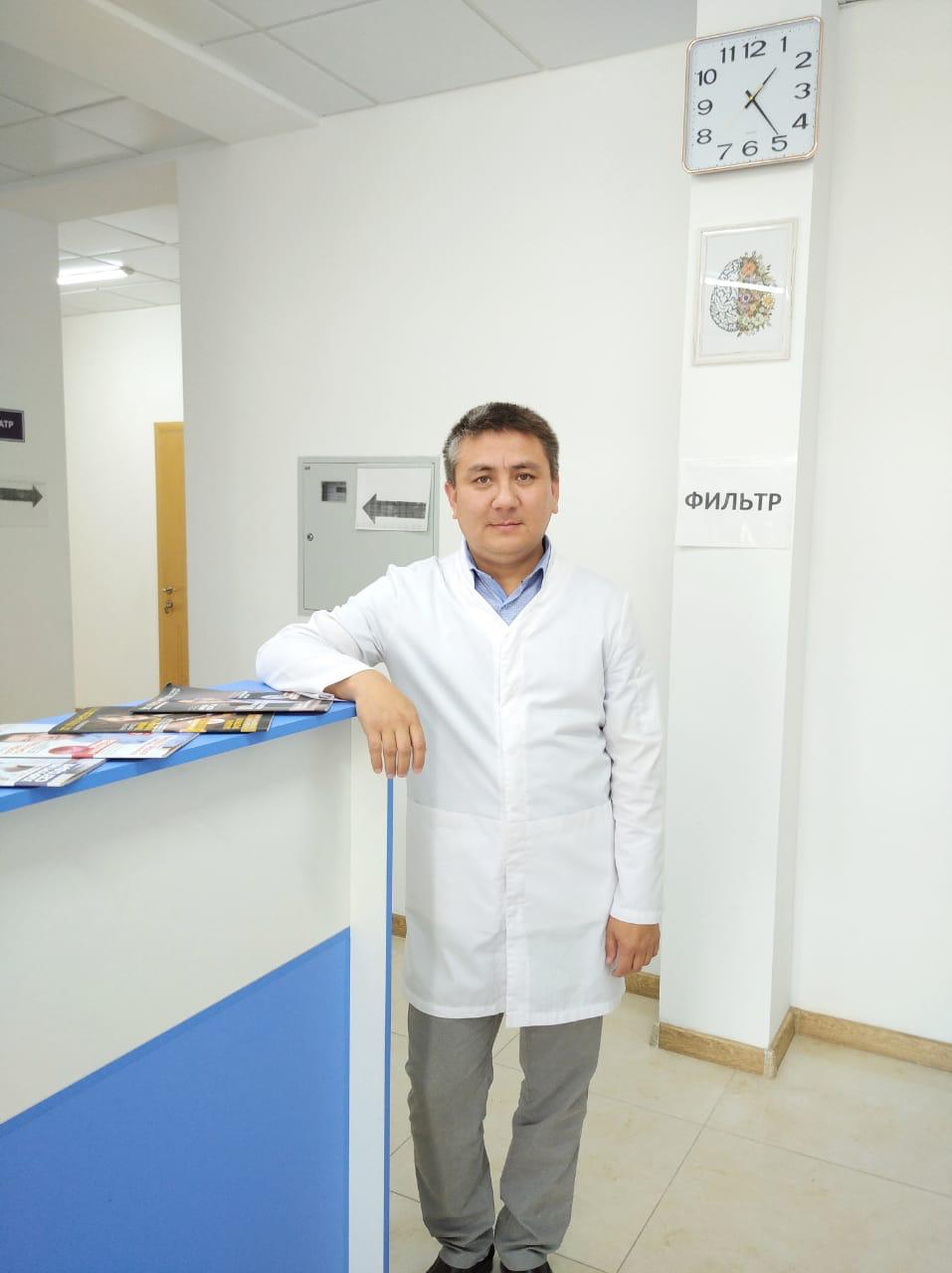
If AIDS is called the plague of the twentieth century, then in the twenty-first century, of course, the leading role was played by coronavirus infection.For more than a year, COVID-19 has prevented countries and continents from living normally, interfering in all areas of human activity. But, first of all, it affected the most valuable thing – people’s health and life. Moreover, the disease affects not only the human respiratory system.
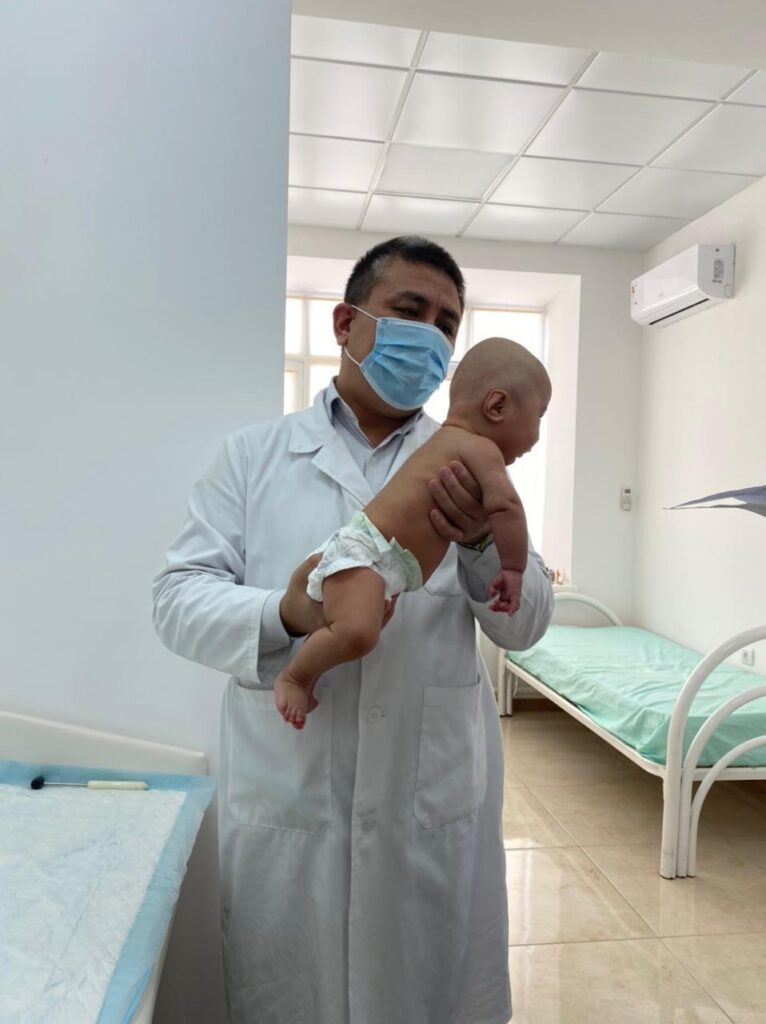
The head of the Department of Neurology with the course of psychiatry and narcology of the West Kazakhstan Medical University named after Marat Ospanov, PhD Dinmukhamed Ayaganov, spoke about the neurological complications of the virus.– Dinmukhamed Nurnyazovich, what neurological complications do coronavirus infection threaten?– Coronavirus infection is of scientific interest not only among infectious disease doctors, but also among other medical and non-medical specialists around the world. There are many manifestations of this disease, in addition to damage to the lung tissue.As a neurologist, I would like to emphasize that during the period of our observation we have collected quite extensive data on the lesions of the nervous system in cases of coronavirus infection. In our West Kazakhstan University named after Marat Ospanov, at the Department of Neurology with a course in psychiatry and narcology, scientific work is carried out together with a researcher, a young scientist Merey Aliyeva on the topic: “Features of neurological damage in COVID-19.”In a short period of time, we have accumulated data in terms of neurology, having studied the medical records of a fairly large number of patients.Damage to the nervous system in COVID-19 in some cases can cause neurological symptoms ahead of respiratory symptoms. That is, before the onset of cough, shortness of breath and other signs of a viral infection, COVID-19 patients begin to have a headache 4-5 days before, and general weakness is observed. Moreover, the peculiarity of headaches with COVID-19 is that they have a slightly different nature than ordinary headaches, for example, as with migraines. In such patients, the head hurts around the clock – for no apparent reason, without respiratory symptoms and symptoms of damage to the lung tissue.– What other complications does the coronavirus threaten?– Strokes are a rather rare, but now intensively studied phenomenon. Moreover, at a young age and without predisposing factors. It seems that a person should not have a stroke, but during COVID-19 it happens. And after a cure from a viral infection, a person still has movement disorders – paresis, paralysis.There is also such a tendency. Persons who have suffered severe COVID-19 with disorders of the respiratory and cardiovascular systems persist with impaired attention, memory, some difficulties in speech and communication – we call this cognitive impairment. That is, it turns out that the mental sphere is affected without obvious damage to the brain.An even rarer occurrence is when a patient becomes ill with COVID-19 and suffers from post-infectious Guillain-Barré syndrome. This syndrome can lead to immobility, disruption of sensory and motor fibers of nerve tissues, arms and legs, diaphragm (which causes respiratory failure). This is a very formidable complication of coronavirus infection.We would like to emphasize that coronavirus infection is a universal problem in medicine, social sciences and other non-medical specialists. I have voiced only the most frequent neurological complications. But there are still many other complications – respiratory, pulmonary, cardiovascular. We call them multiple organ complications, when the infection affects all organs and systems. The visual impairment in COVID-19 is described separately in the world literature.– And how quickly do patients with neurological complications recover?– Many already know that with COVID-19 there are neurological symptoms such as impairment of smell, touch, loss of taste. These disorders are found in a large percentage in patients, and, which is characteristic, after recovery in some patients, the above feelings may return after two weeks, and for some, recovery may take a long time – up to 6-8 months.
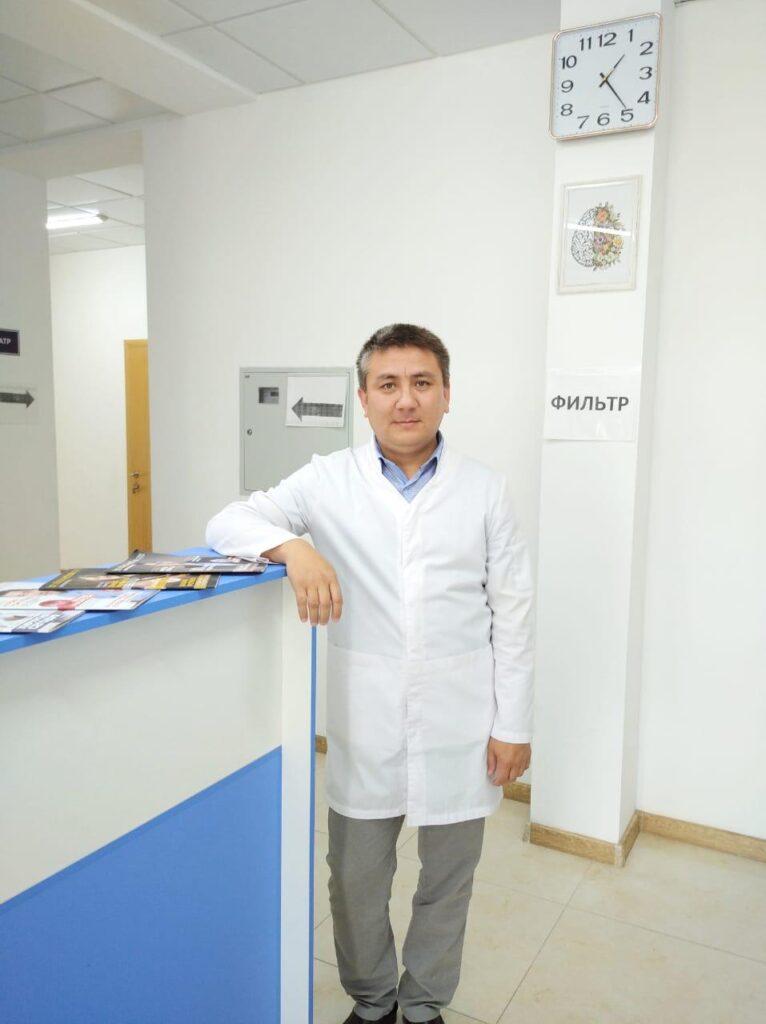
– It is clear that there are certain protocols for the treatment of coronavirus infection. As a doctor, what general guidelines can you give?
– I would like to wish everyone not to get sick and observe quarantine measures. The whole world wants to defeat this infection through vaccinations, restrictive measures, preserving the immune system through a healthy lifestyle, proper nutrition, as well as the correct mental state – awareness of this problem and rallying in a solution in this direction.



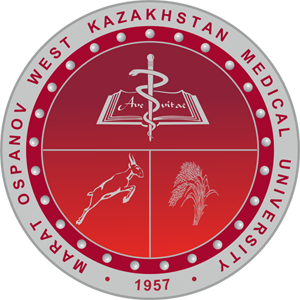 Marat Ospanov West Kazakhstan Medical University
Marat Ospanov West Kazakhstan Medical University

